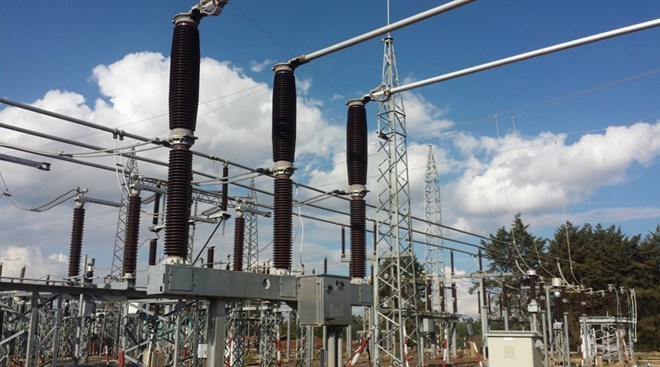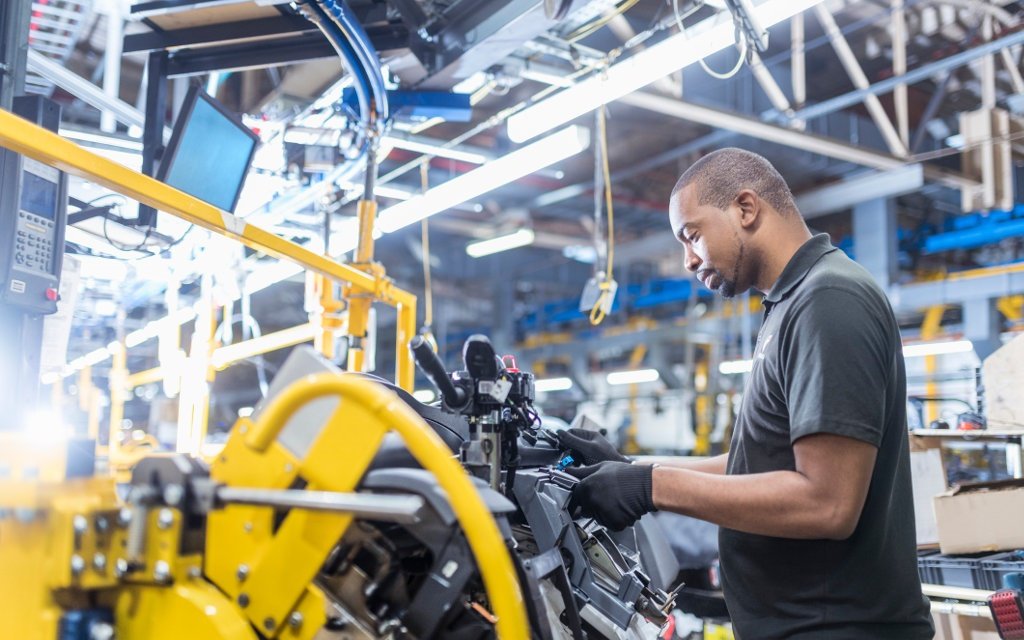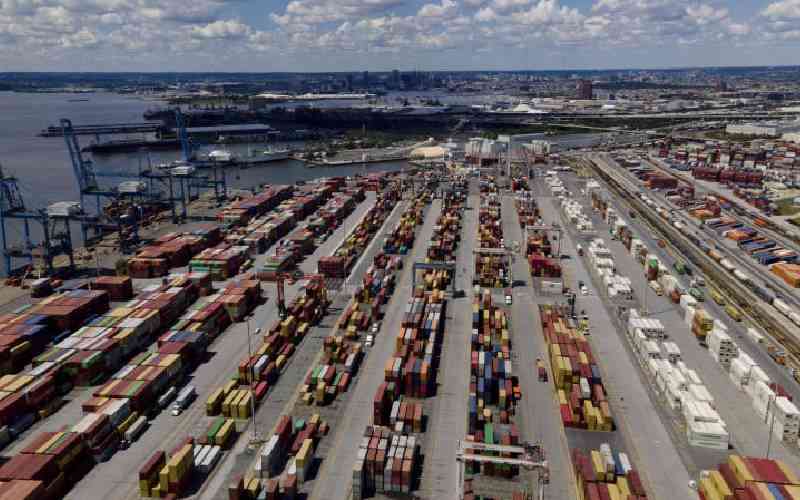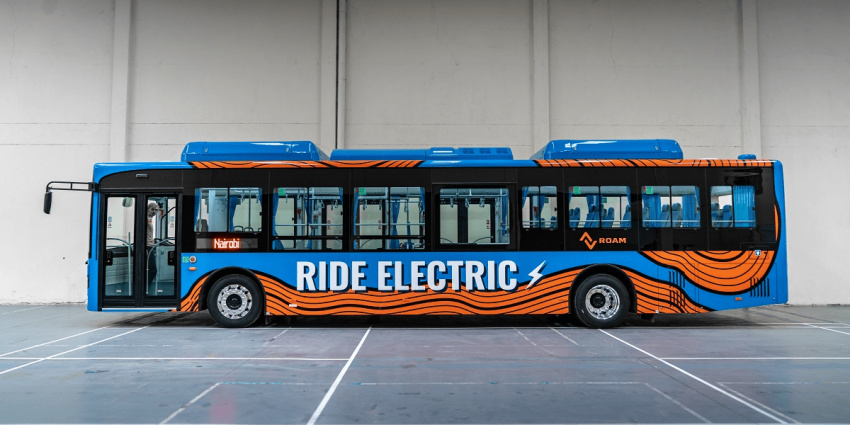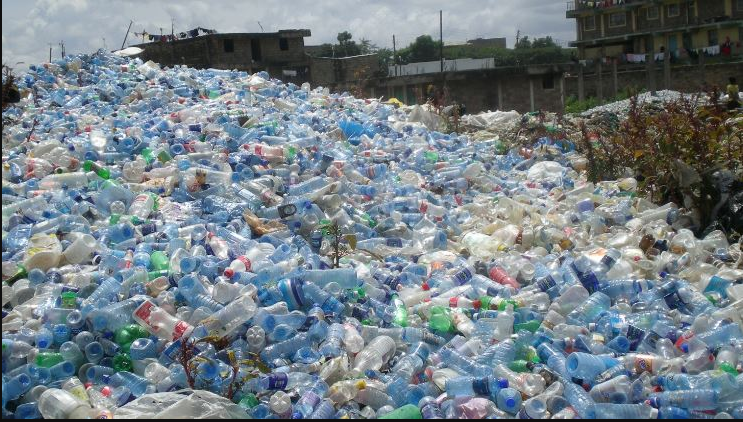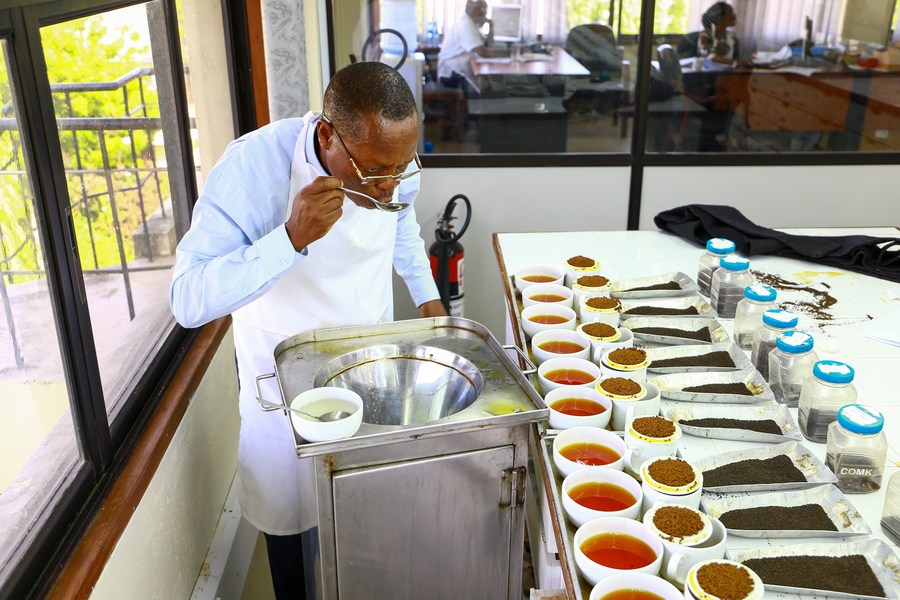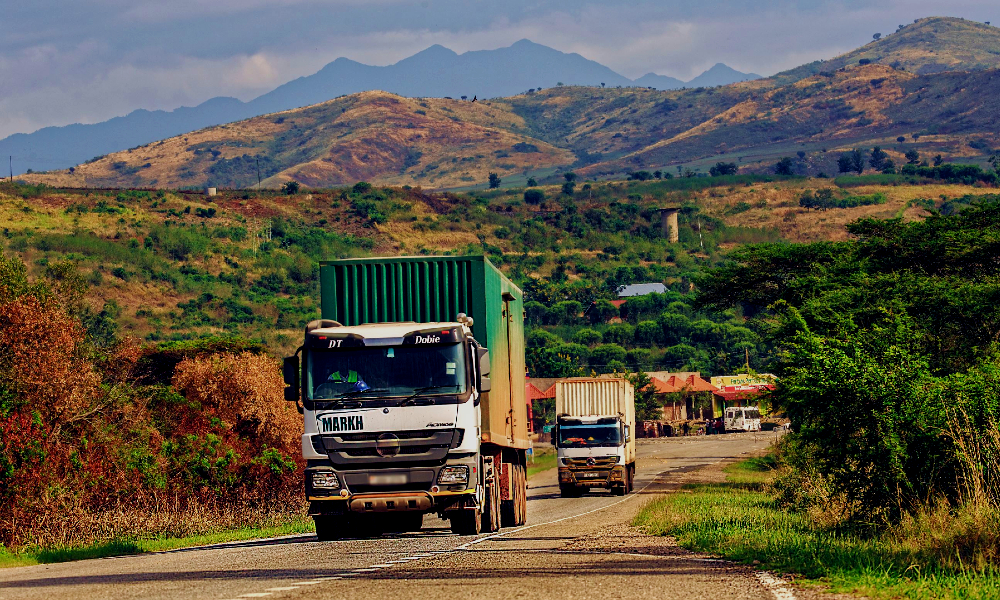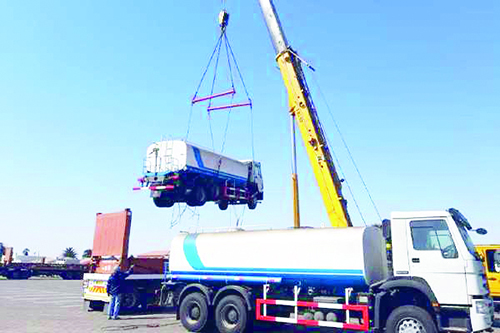The Ethiopian Electric Power (EEC), the state agency in charge of generating electricity, Ethiopia will start selling electricity to the neighboring Kenya as of next November. This is indicated by Hiwot Eshetu, acting head of Marketing and Business Development at EEC, who indicated that Ethiopia will sell electricity for Kenya for the coming 25 years. The energy deal between the two countries has three phases. During the first phase which is the first three years, Ethiopia will be selling between 25 megawatts to 200 megawatts depending on pick hours and down hours. During the second three years period the volume of energy Ethiopia will supply to Kenya will be increased up to 400 megawatts starting from 150 megawatts. During the third phase after the first six years, Kenya will be purchasing 400 megawatts of electricity from Ethiopia annually on average, according to Mr. Hiwot, who indicated that Ethiopia will be charging Kenya 6.5 US cents for a kilowatt-hour energy. He indicated that after five years there will be new negotiations about the tariff of the energy Ethiopia will be selling to Kenya. It is recalled that Ethiopia is at the moment earning over $100 million dollars annually from selling electricity to neighboring Djibouti and Sudan. By expanding its market, Ethiopia has also inked memorandum of understanding with South Sudan, Somaliland, and Tanzania to supply electricity from renewable energy sources mainly hydropower. It is recalled that the African Development Bank has financed the highway and electricity power transmission line connecting Ethiopia...
Ethiopia to commence selling electricity to Kenya in November
Posted on: August 31, 2022
Posted on: August 31, 2022

